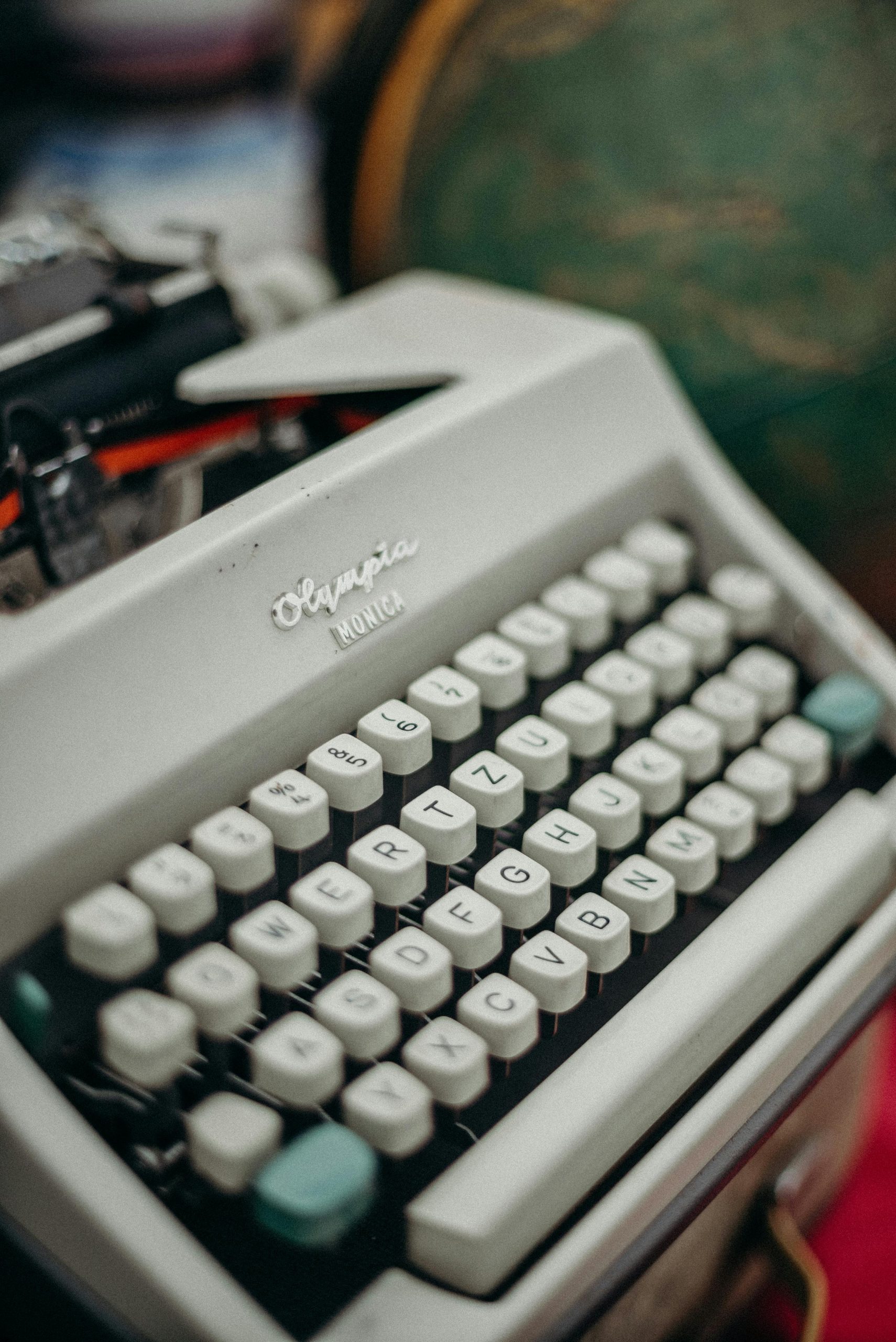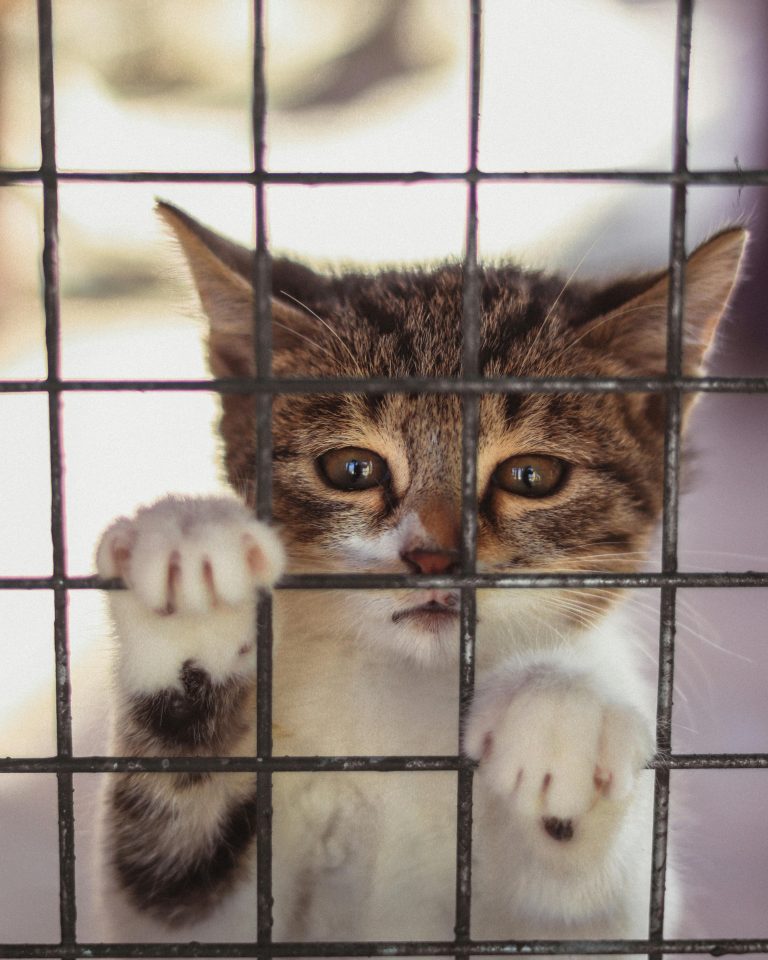I was walking through the dusty aisles of my local thrift shop one day when suddenly, in front of me, sat an old electronic typewriter on the shelf. The little price tag read nine dollars, so I took the gamble on whether it would even work. Write your first draft on a typewriter. It was advice I heard thrown around; I had a professor swear that he wrote all his first drafts by hand. I believed him, but it terrified me. My work wouldn’t be automatically backed up to the cloud. I could spill coffee on the pages, and then they’d be gone. I imagined the pages wrinkled and dripping.
Something had to change about my writing process. I’d spent months writing and rewriting the same chapters of my novel. I would promise myself that I’d move on to the next scene, but a few sentences in, I’d realize that I needed to change some detail or another, and then I would be searching back through the earlier pages. Writing and rewriting but never making forward progress. I was running on a treadmill, and I wanted off.
My writers’ group seemed to all be dealing with the same hang-ups. We knew we should separate the editing and the writing, that you should edit the big picture items before worrying about the sentence level because the sentence or even scene you toil over now might not even make the final cut of the novel. The shitty first draft seems like a great thing, but it can be nearly impossible to let go of perfectionism and the desire to be the person with a miraculously great first draft. But it was time to embrace shitty because, without it, I’d never have a novel.
When I got home, I cleared my desk and plugged her in. The typewriter sprang to life. I started typing random thoughts about how excited and nervous I was to take this leap. It was stream of consciousness in its purest form. No red lines popped up to tell me that I’d made a mistake. Nothing stood between me and recording the images in my head. I made typos and spelling mistakes, but because I didn’t know how to fix them, I wrote on. The page filled quickly, and I pulled it out to read over what I expected to be gibberish. The writing was pure and unfiltered, more like the sentences that appeared in my thoughts and less like the toiled-out writing and overthinking brought on by the ability to edit.
I’ve since learned to fix typos, but I often don’t bother. The typewriter gives me the freedom of knowing that everything will be fixed later. I write without fear or self-judgement. My characters are telling me their stories, and I just have to type quickly enough to keep up. When I realize that I’ve traveled down the wrong path or wish I’d changed something about a scene, I just grab a pen and write in the margin. It will be there for me to correct later. This draft is shitty. Beautifully shitty. The stack of pages beside me grows every time I sit down to write. I’m telling the story to myself, and when I finally get to the end, I’ll dive into the edits.
Every page will be entirely retyped into Scrivener. My second draft will be a complete rewriting of this draft, and I can’t wait. The entire story will exist in a pile of pages that I can hold in my hands. Scene by scene, page by page, I can rewrite and rework the story with fresh eyes and no fear of the blank page.
- Harlem Rhapsody by Victoria Christopher Murray - December 4, 2025
- “The Song of the Blue Bottle Tree” by India Hayford - May 15, 2025
- “Soft Burial” by Fang Fang - April 24, 2025
Sign up to our newsletter to receive new articles and events.




